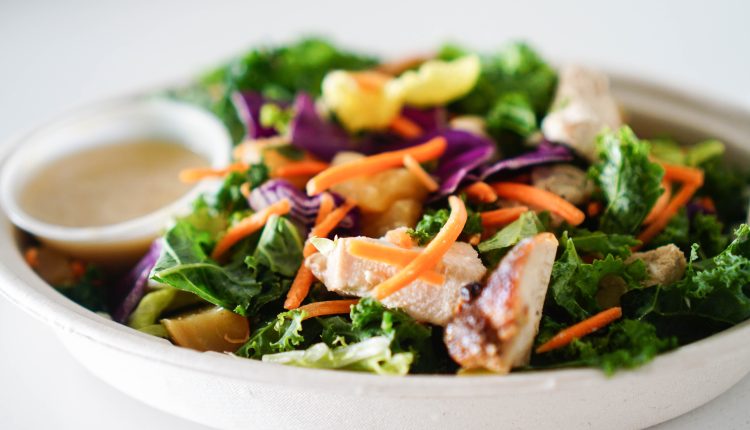Rule Breakers: Dieting Findings That Will Blow Your Mind
By now, you’ve got this weight loss wellness thing down. Even if you don’t put the diet rules into practise, you know you should probably cut carbs, deny your naughty cravings and graze on healthy snacks all day, right? Wrong! Forget every weight loss trick you know, and prepare to have your mind blown by the new rules for dieting.
1. Don’t cut carbs: Reducing your carb intake is a staple diet technique, made popular by the Atkins craze. However, this is one classic weight loss rule you need to break, as this way of dieting simply isn’t sustainable, and you’re going to fall off the wagon and onto a massive pile of bread. In fact, a study published in the Annals of Internal Medicine showed that eating carbs in moderation helped dieters to lose about five pounds more than carb-avoiders. For your new rule, lead author of the study Dr. Marion Vetter, medical director at the Centre for Weight and Eating Disorders at the University Of Pennsylvania School Of Medicine, recommends eating five servings of grains daily, especially whole ones like oatmeal and brown rice. ‘Carbs provide great energy and fibre,’ she explains. ‘Avoiding them isn’t realistic.’
2. Don’t avoid egg yolks: Egg yolks get a bad rap in the world of health and wellbeing, but this disdain is misguided. At the University of Surrey, researchers found no difference in terms of weight loss and cholesterol reduction between dieters who ate two eggs daily for 12 weeks and those who didn’t. Bruce Griffin, lead author of the study and professor of nutritional metabolism, asserts, ‘The cholesterol in eggs is small compared with grams of saturated fat in processed meats.’ Do you know what else is in egg yolks? Plenty of protein, calcium, and iron. This means you can enjoy them as part of a balanced diet, and avoid the real cholesterol culprits like processed foods.
3. Don’t graze throughout the day: In the 90s, studies showed that snacking helps to curb your appetite. However, according to a new Canadian study, published in the British Journal of Nutrition, there was no weight loss difference between women who did and didn’t snack. Study author Eric Doucet, associate professor in the School of Human Kinetics at the University of Ottawa, says you should eat as many meals as you want – as long as you tally your calories. It’s ‘energy in versus energy out,’ Doucet notes, so speak to your GP about the amount of calories you need to consume to lose weight. Generally, this should be about 1,200 a day for women.
4. Eat midnight snacks: Eating late at night is often cited as a big dieting “no-no” but a recent study in the International Journal of Obesity has concluded that it’s what you eat, rather than when, that affects your waistline. Your metabolism will happily chug along regardless of what time you eat. Basically, eating a healthy dinner at 10pm means you won’t inhale Doritos in front of Strictly Come Dancing. As long as you don’t exceed your calorie count, eat as late as you like. Susan Roberts, study author and professor of nutrition and of psychiatry at Tufts University, argues that eating at a certain time isn’t important, and there’s no rule about how long to wait between meals, but as getting too hungry leads to overeating you need to ‘pace calories in a way that works for you.’
5. Cave in to cravings: Researchers at St. George’s University of London assert that abstaining from treats causes you to overindulge in the long-run, while University of Toronto researchers found that depriving people of specific foods led to binges. Author of the second study Janet Polivy, psychology professor at the University of Toronto, advises, ‘Eat small portions of the things you like. Decide how much you’ll eat — say, two chocolate squares.’ Put the rest back in the cupboard, and dig in.

Comments are closed.